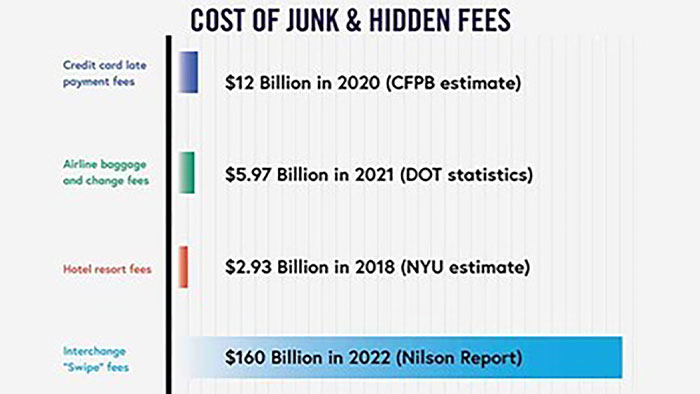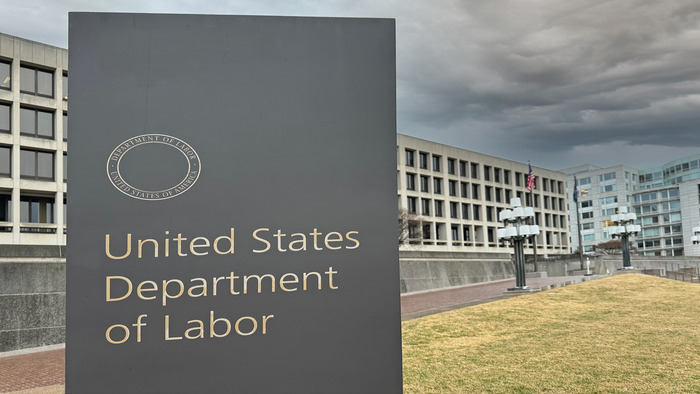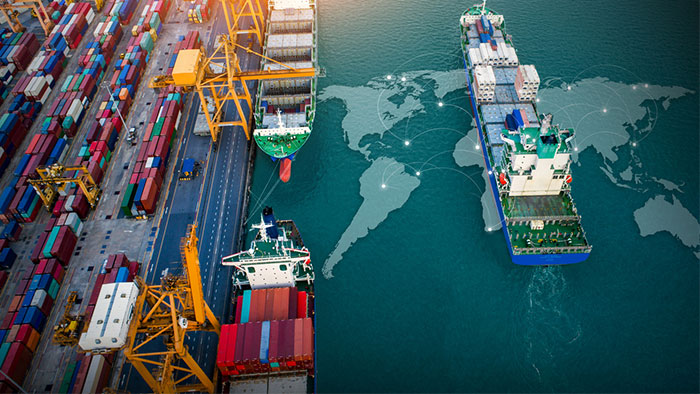Biden Administration Launches IPEF Negotiations
POTUS says future of economy will be written in Indo-Pacific
- By [ Blake Harden ]
- 05/25/2022
This week, President Biden formally launched negotiations to develop the Indo-Pacific Economic Framework (IPEF) with 12 other countries: Australia, Brunei, India, Indonesia, Japan, South Korea, Malaysia, New Zealand, the Philippines, Singapore, Thailand and Vietnam. A joint statement on the IPEF launch from participating countries is linked here.
“We’re here today for one simple purpose: the future of the 21st Century economy is going to be largely written in the Indo-Pacific. Our region,” Biden said as he launched the plan.
In her prepared remarks, Ambassador Tai stated that “[a]t its core, the Economic Framework will link major economies and emerging ones to tackle 21st century challenges and promote fair and resilient trade for years to come. At the same time, it will be designed to adapt to address barriers and obstacles that may arise in the future as well.”
Trade ministers will meet in coming weeks to begin fleshing out the details of the pact, with a U.S. goal of finishing in 18 to 24 months. That coincides with plans for the United States to host the annual Asia-Pacific Economic Cooperation (APEC) leaders summit in late 2023.
Despite an appeal last week from 52 senators that Taiwan be allowed to join the talks, it was left out, presumably because that would anger China and discourage other countries from participating.
The Commerce Department is leading negotiations on three “pillars” of the proposed agreement: supply chain resilience; infrastructure, clean energy, and decarbonization; and tax and anti-corruption. USTR is spearheading the fourth focused on fair and resilient trade, which includes digital trade, labor, environment, agriculture and other areas.
It’s still not clear which countries are participating in which modules or whether any portion of the deal will be submitted to Congress for a vote, as would occur with a more traditional free trade agreement. “Let's see where these negotiations take us,” USTR Katherine Tai said during a call with reporters on Sunday.
The IPEF will not include market access or reduced tariffs.RILA filed comments on USTR’s “fair and resilient trade” pillar of the IPEF urging USTR to ensure that the agreement is robust and enforceable by including market access and tariff reductions among other suggestions.
Tags
-
International Trade
-
Supply Chain
-
Public Policy






